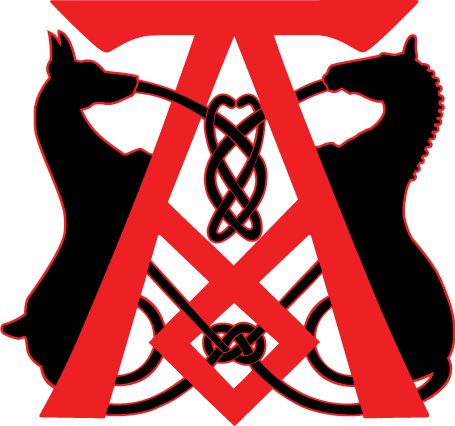I am surprised by how many horse owners do not use equine veterinarians for their horse’s dental work. Instead they employ dental technicians, often from out of town, to work on their horses. At first I figured the technicians were performing the work for a lower price than a veterinarian. But I found that is not necessarily true. When I asked these horse owners why they didn’t use their veterinarian for dental work, I got a variety of responses. One said that veterinarians are not as well trained to perform dental work as someone who does dental work exclusively. Another said she uses a dental technician because her veterinarian uses a Power Float which is too aggressive for the teeth. A third client said she didn’t even realize that vets did teeth.
I would like to address all three of those comments:
- “Dental Technicians have more training in dental care than veterinarians”. To become an equine dental technician you only need to complete a four to six week training course. All veterinary school graduates will have taken a more comprehensive lecture and practical course taught by a certified diplomat of the American Veterinary Dental College. Veterinary students interested in dentistry can take additional elective course work during their senior year. Many veterinarians who incorporate dentistry into their practice also choose to fulfill their continuing education requirements with advanced training in dental care. In every situation, a veterinarian has received equivalent, if not superior, training in equine dentistry than a lay dentist.
- “Power Floating is too aggressive”. In the wrong hands, this is true. This is why power dental tools are only sold to veterinarians as their misuse by untrained lay practitioners resulted in their reputation as being too aggressive. Many states prohibit non-veterinarians from using power dental tools. As a result many lay practitioners perpetuate the rumor that power tools are too aggressive only because they are not legally allowed to use them. Both traditional hand floats and power tools have their place in equine dentistry. The most important tool is the practitioner and their experience, technique, knowledge and judgement.
- “Vets don’t float teeth”. For some veterinarians, this may be true. Many vets specialize in specific aspects of veterinary care. Some veterinarians only diagnose and treat lameness. Others spend all their time with a magic wand up some mare’s butt (reproductive specialists). But the vast majority of equine veterinarians are general practitioners who incorporate dental care into their comprehensive practice. So why do our clients not even realize we “do” teeth? Well, we got lazy and allowed pseudo professionals to pick up the slack. Prior to power dental equipment being available, floating teeth was much harder work and rotator cuff injuries were common. Veterinarians could make more money taking radiographs and injecting joints than floating teeth. We allowed ourselves to be replaced by less qualified but more available technicians. For those of us veterinarians who enjoy performing dental work and are concerned with the welfare of the horse, this is incredibly frustrating.
Why have a veterinarian perform the dental work?
As a veterinarian, my training and experience extends beyond just the mouth. When I do a dentistry, I start with a thorough physical exam. My training in anatomy, physiology, pathology, pharmacology, neurology and anesthesiology allows me to recognize and diagnose underlying health issues. I perform a neurological exam to ensure that the horse is able to stand while sedated and elevate his head without discomfort or ataxia. I manipulate the neck, poll, TMJ and hyoid feeling for discomfort or reduced range of motion. Once sedated I perform a thorough oral exam using a full mouth speculum. I choose to sedate my patients because I want them to be relaxed during the procedure. Once I have determined what corrective work is necessary, I float the teeth, align the incisors, reduce the canines, apply a slight bit seat if requested and remove any extraneous, diseased or loose teeth with appropriate anesthesia. After the work is completed, I perform a brief fascial therapy session to align the hyoid apparatus and release poll tension to help the horse adjust to the corrective work. After the procedure I am available to answer any of my client’s questions about their horse’s teeth, nutrition and concurrent health issues. I am also available the days and weeks after the procedure should my client have any additional questions or need further assistance. I am not just passing through town.
There are circumstances where having a skilled non-veterinarian dental technician perform dental work on your horse may be your best choice:
- IF your veterinarian does not perform dental equilibration with sufficient regularity to be proficient
- AND you reside in a state where it is legal for a lay practitioner to float teeth
- AND the technician is educated and experienced
- AND they are working under the supervision of a veterinarian who has examined your horse who administers the sedation.
There are also many circumstances where using a lay dental technician is ill advised. I recommend you and your veterinarian have a conversation about your horse’s health and dental care needs and decide together who would best be able to assist your horse.
For more information about horse teeth, their development and issues of the mouth, check out Equi-Librium Institute’s Equine Dentistry Course and attend one of my free dental seminars and demonstrations.






